The dark web, often associated with illicit activities, also harbors technologies that can offer intriguing solutions for data protection. These technologies, while not without their risks, provide valuable insights into how anonymity and security can be achieved in an increasingly interconnected world. At the heart of dark web technologies is the Tor network, an onion-routing system designed to conceal users’ locations and usage from surveillance and traffic analysis. By encrypting data multiple times and routing it through a network of volunteer-operated servers, Tor ensures that even if one layer of encryption is breached, the subsequent layers maintain the integrity of the user’s privacy. This multi-layered approach to encryption can inspire more robust data protection strategies for mainstream applications, especially in environments where privacy is paramount. Another significant technology is I2P Invisible Internet Project, which facilitates anonymous peer-to-peer communications. Unlike Tor, who primarily focuses on routing traffic through a centralized set of nodes, I2P operates on a decentralized network, making it inherently resistant to certain types of attacks.

Its use of garlic routing, a variant of onion routing, provides additional layers of encryption and obfuscation, making it more challenging to trace communications back to their origin. For data protection, adopting similar principles of decentralization and multiple layers of encryption can enhance the security of sensitive information, particularly in scenarios where data integrity and user anonymity are critical. Dark web technologies also leverage block chain for decentralized storage solutions. Block chain’s immutable ledger and consensus mechanisms offer a transparent yet secure method for managing data without a central authority. In uncensored hidden wiki dark web environments, block chain can be used to create decentralized marketplaces and communication platforms that are resistant to censorship and tampering. These same principles can be applied to data protection strategies by ensuring that data is stored in a tamper-proof and decentralized manner, reducing the risk of data breaches and unauthorized access.
However, the integration of dark web technologies into mainstream data protection frameworks requires careful consideration of their potential drawbacks. The anonymity that these technologies provide can also be exploited for malicious purposes, such as illegal transactions and cyber-attacks. Additionally, the technical complexity and resource demands associated with implementing such systems can be a barrier for many organizations. Therefore, while the innovative approaches found on the dark web offer valuable lessons in data protection, they must be adapted and carefully managed to fit within ethical and legal boundaries. In summary, exploring dark web technologies reveals advanced methods for safeguarding data through anonymization, encryption, and decentralization. While these techniques offer promising avenues for enhancing data protection, they must be integrated thoughtfully to balance security with ethical considerations and practical implementation challenges.


